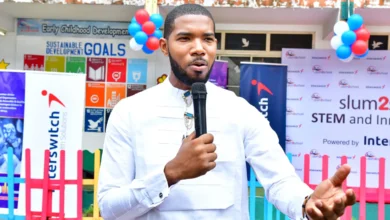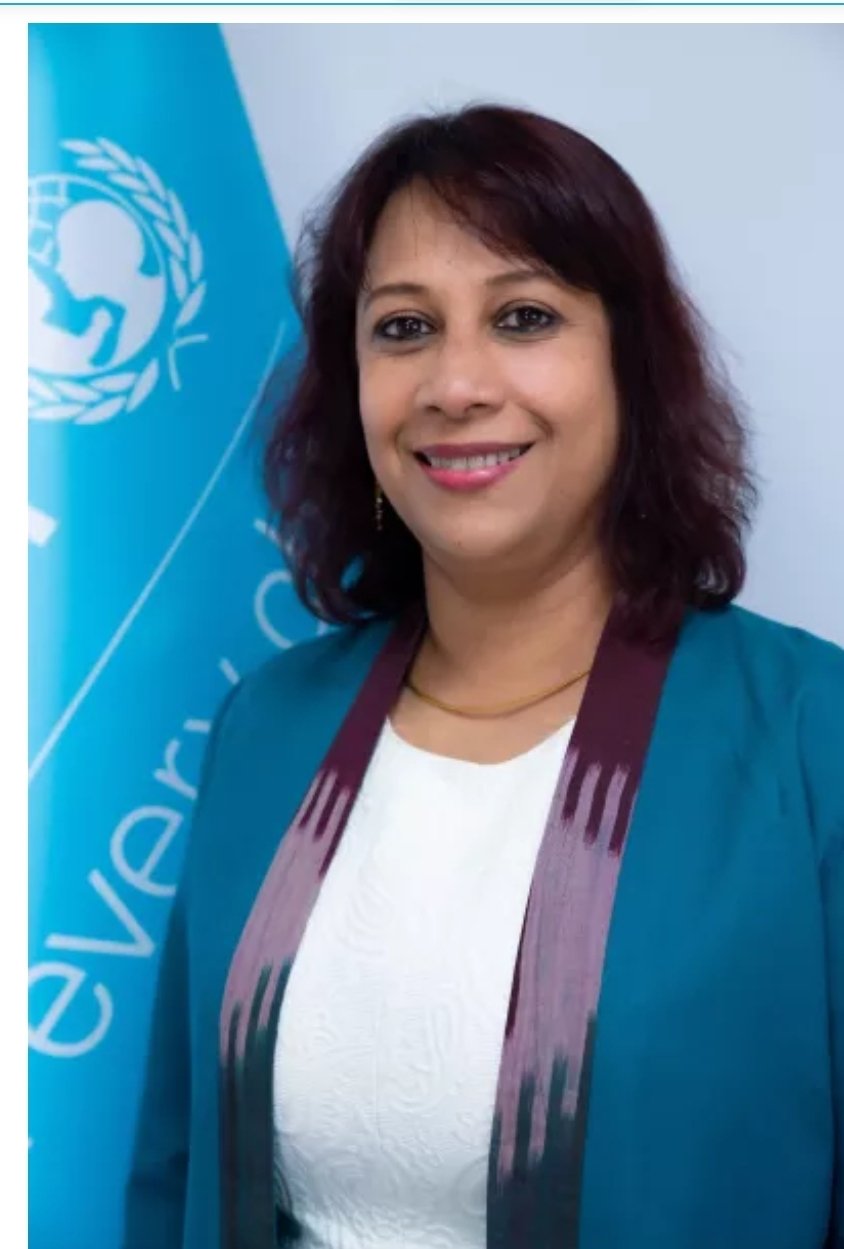Spotlight of the Week: Malala Yousafzai

In this week’s spotlight, we celebrate Malala Yousafzai, an extraordinary activist whose bravery and dedication to education have made a profound impact on the world. Born on July 12, 1997, in Mingora, Swat Valley, Pakistan, Malala’s journey from a determined schoolgirl to a global icon of human rights is both inspiring and impactful.
Early Activism and Courage
Malala Yousafzai’s activism began at a young age. Her father, an educator and social activist, founded the Khushal Girls High School and College where Malala excelled as a student. Her commitment to education was evident from early on, and her father’s encouragement played a pivotal role in her activism.
In 2007, the Swat Valley was overtaken by the Tehrik-e-Taliban Pakistan (TTP), which imposed severe restrictions on women and girls, including shutting down girls’ schools. Malala, despite the dangers, spoke out against these injustices. At just 11 years old, she gave a powerful speech titled “How Dare the Taliban Take Away My Basic Right to Education?” This speech, along with her blog under the pseudonym Gul Makai for BBC Urdu, brought international attention to the plight of girls in her region.
Surviving Adversity
On October 9, 2012, Malala’s life took a dramatic turn when she was shot in the head by a TTP gunman while returning home from school. The attack was a direct response to her outspoken advocacy for girls’ education. Despite the grave injuries, Malala survived and was flown to Birmingham, England, for treatment.
Her recovery was nothing short of miraculous. On her 16th birthday, July 12, 2013, Malala addressed the United Nations, calling for global access to education and equal rights for girls. Her speech resonated worldwide and marked a significant moment in the fight for education and gender equality.
A Global Advocate for Education
In 2014, Malala Yousafzai became the youngest-ever recipient of the Nobel Peace Prize, shared with Kailash Satyarthi, in recognition of their efforts to combat child exploitation and promote education. This accolade was a testament to her relentless pursuit of justice and her significant role in advocating for children’s rights.
Following the Nobel Prize, Malala continued her education, graduating from the University of Oxford in 2020. She remained an influential voice in global discussions on education and human rights. Through the Malala Fund, she has supported numerous initiatives, including opening a girls’ school for Syrian refugees in Lebanon.
Enduring Impact
Malala Yousafzai’s life and work have been documented in various media, including the 2015 film He Named Me Malala and her memoir, I Am Malala: The Girl Who Stood Up for Education and Was Shot by the Taliban. Her continued activism underscores her commitment to ensuring that every girl has the opportunity to receive an education and reach her full potential.
Malala’s story is a powerful reminder of the strength of the human spirit and the importance of standing up for what is right. Her courage in the face of adversity and her unwavering dedication to education make her a true beacon of hope and change.





